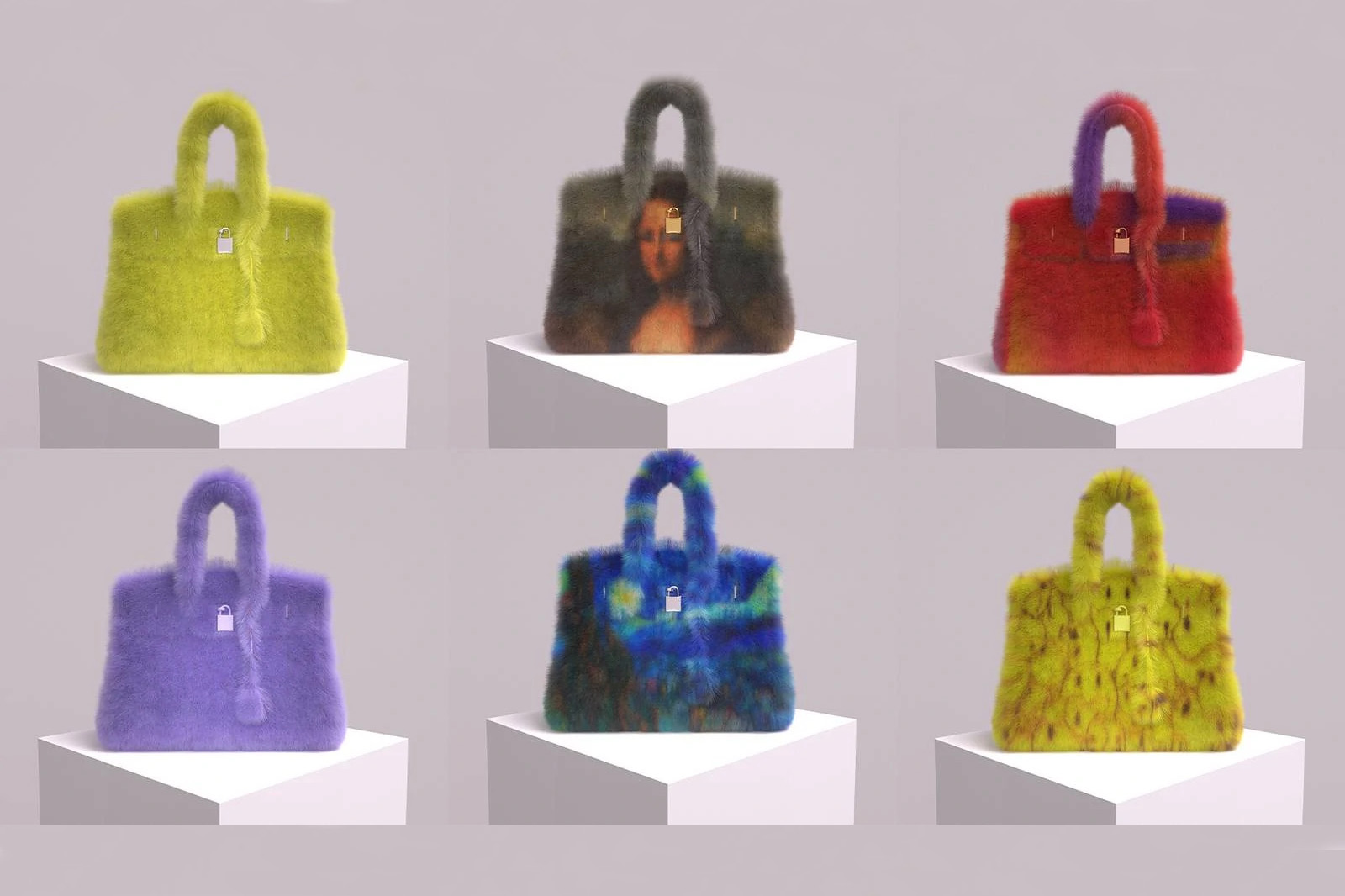This newsletter has already dealt repeatedly with the Metaverse and the impact that this virtual world is generating on intellectual property and business activity. In particular, the case of French fashion house Hermès and Mason Rothschild, an American digital artist, has already been reported.
Briefly, he recalls that the story originated from the fact that Rothschild had created a series of 100 virtual images, called “MetaBirkins,” reproducing the iconic design of the Hermès Birkin bag, covered with colored fur, naturally without the consent of Hermès.
Against this background, on January 14, 2022, Hermès had inevitably taken legal action before a New York District Court alleging infringement of his intellectual property rights on the Birkin Stock Exchange.
However, in a verdict of 8 February, the jury ruled that “MetaBirkins” bags can actually cause confusion among consumers and are therefore damaging to Hermès’ rights, which have been awarded compensation of more than 130,000 dollars.
The outcome of this case – known to all specialists in the field – is inevitably destined to influence future jurisprudence on the issue of the protection of intellectual property rights in the Metaverse and, in any case, is the first (or one of the first) of a series of pronouncements destined for certain to expand more and more in the near future: currently, in fact, the interest of specialists is already focused on the lawsuit filed by Nike against StockX – resale platform known for the distribution of sneakers – that recently launched on the Metaverso a collection of Nike shoes without the approval of the latter.
Be that as it may, the Hermès case is already another strong warning to economic operators to urgently extend the protection of their trademarks (and, in general, of their industrial rights), also to the Metaverso sector and virtual platforms.

